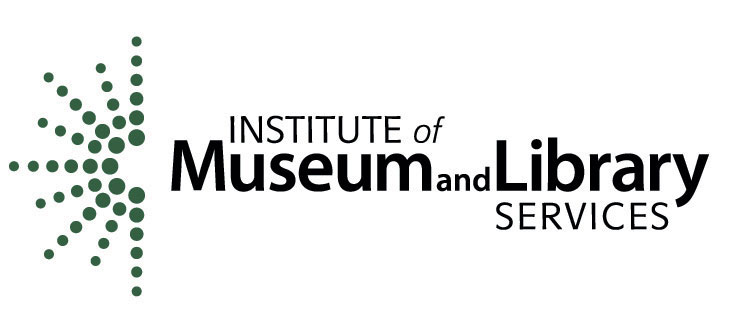
The Research Imperative: Research Skills Set
Health information professionals use published research to provide information services to their users; collaborate with other health professionals in completing research projects; make decisions in their own profession; and initiate, complete, and implement their own research projects.
Whether using research from the information sciences or other disciplines or conducting their own research projects, librarians need certain skill sets. The following skills are those that all health sciences librarians should strive to acquire. The skills are listed in three sections: those that are basic to all librarians, those that health sciences librarians will probably acquire in practice (advanced), and those that are more specialized. The more specialized skills may not be applicable to all librarians, but every librarian should be aware of them and know that they might need to acquire them to complete research or evaluation projects. These skills are the keys to the professional research imperative and are those that the MLA educational policy statement emphasizes in Competencies for Lifelong Learning.
Basic Skills
- ability to work collaboratively (as a peer) with multiple groups of people involved in research or its application
- ability to identify and define important questions or issues that need to be addressed (and are addressable)
- knowledge of quantitative and qualitative methodologies and which is best for a given situation or question
- knowledge of common statistical techniques and their application and interpretation
Advanced Skills
- ability to understand statistical interpretation of research and assess whether the statistics support conclusions
- ability to summarize research findings accurately, clearly, and succinctly for professional communication
- ability to evaluate research findings for validity and usefulness
- knowledge of the best methods for applying research findings to answer important questions (i.e., knowledge translation)
Specialized Skills
- ability to design, carry out, and apply research studies including institutional review board approvals, participant recruitment, data collection and analyses, report writing, and publication, etc.
- ability to obtain funding and resources for internal and external research projects
Librarians will use these skills to produce new knowledge and to integrate existing knowledge (translational purposes) both within and outside health librarianship and within and outside their home institutions.
MLA fully supports its members' need to identify, produce, and apply the best-available evidence when making important decisions and when supplying information to health care colleagues and others. Accordingly, MLA provides opportunities for its members to learn necessary skills through its programs and services. Individual members may also need to seek skills from other local and regional sources.


